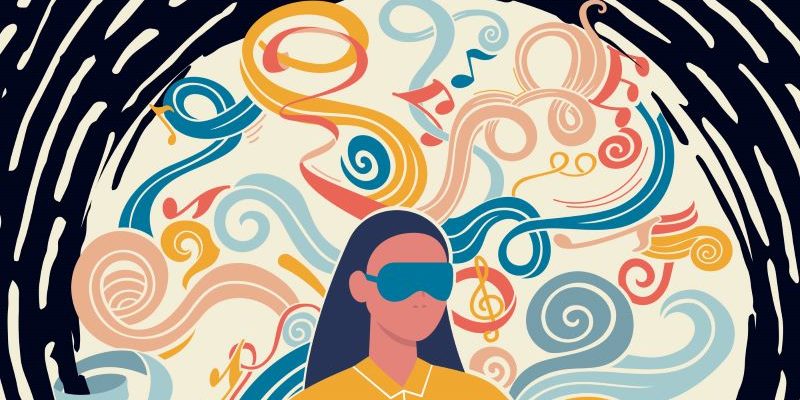
Eating disorders affect millions of Americans, manifesting along a spectrum and without diagnoses for many more. Presentation of symptomatology is unique for each person, influenced by a combination of genetic, environmental, and psychological factors; however, eating disorders often manifest as disturbances in body image, nutritional intake, weight control, and emotional wellbeing. Eating disorders impact nourishment, altering a wide range of physiological systems in addition to psychological states. A sociocultural perspective of eating disorders suggests that systemic factors play into social messaging around gender, beauty standards, idealized body image, and eating behaviors. Some schools of thought believe eating disorders are a symptom of deeper, underlying wounds. Research suggests that psychedelics may support the treatment of eating disorders through confronting root causes, such as negative core beliefs, and embodying self-love and care.
Treatment Approaches
While traditional therapeutic modalities such as cognitive-behavioral therapy and medication management have their places in the treatment of eating disorders, their efficacy can be variable. Many individuals continue to struggle with symptoms despite receiving standard interventions, highlighting the need for alternative approaches.
Psychedelic substances like psilocybin, MDMA, and ayahuasca have garnered attention for their potential to catalyze profound therapeutic experiences. Research suggests that these medicines may facilitate therapeutic breakthroughs by promoting introspection, emotional processing, and neural plasticity. Psychedelic-induced flexibility of consciousness and altered sense of self (see more on this here) may support the introduction of healthy relationships between body, spirit, and mind among individuals with eating disorders. It is theorized that psychedelics may rewire reward pathways, loosen patterns of rigidity, instill self-compassion, and promote spiritual connection.
Recent qualitative and observational studies describe decreases in comorbid symptoms of depression and anxiety associated with eating disorders following psychedelic- assisted therapy; meanwhile, psychedelics increase feelings of empowered embodiment, trauma processing, and overall wellbeing. While results are limited, pilot studies of MDMA and psilocybin show promising results for clinically meaningful reduction of eating disorder symptoms. However, there is still much to be explored in this realm and larger clinical trials are currently underway. For example, one outstanding medical question is the influence of nutritional status on psychedelic experiences and long-term outcomes.
Roles of Clinicians
Clinicians act as educational facilitators, disseminating data from research studies, dispelling myths, setting expectations (which might include removing expectations), and ethical informed consent for clients. An essential aspect of psychedelic-assisted therapy is the integration of experiences into daily life. Navigating cultural landscapes and differential needs, clinicians collaborate with clients to explore the insights gained during psychedelic sessions. They also develop strategies for applying these insights to behavior change and emotional healing. Ongoing therapy and community resources can help ensure lasting therapeutic benefits. Thus, training in psychedelic-assisted therapy approaches and techniques is essential. Furthermore, psychedelics do not replace clinicians’ specialized training and competency in working with eating disorders.
Conclusion
Psychedelic medicines, in combination with psychotherapy, are under investigation for a number of mental health diagnoses due to their potential to support rewriting of self narratives. It may benefit clinicians to approach this emerging field with curiosity, striving to leverage the unique therapeutic benefits of psychedelics while also holding the complexity of evolving evidence-based practices, heightened vulnerability of psychedelic consciousness, and sensitivity around safety and trust in this space.







